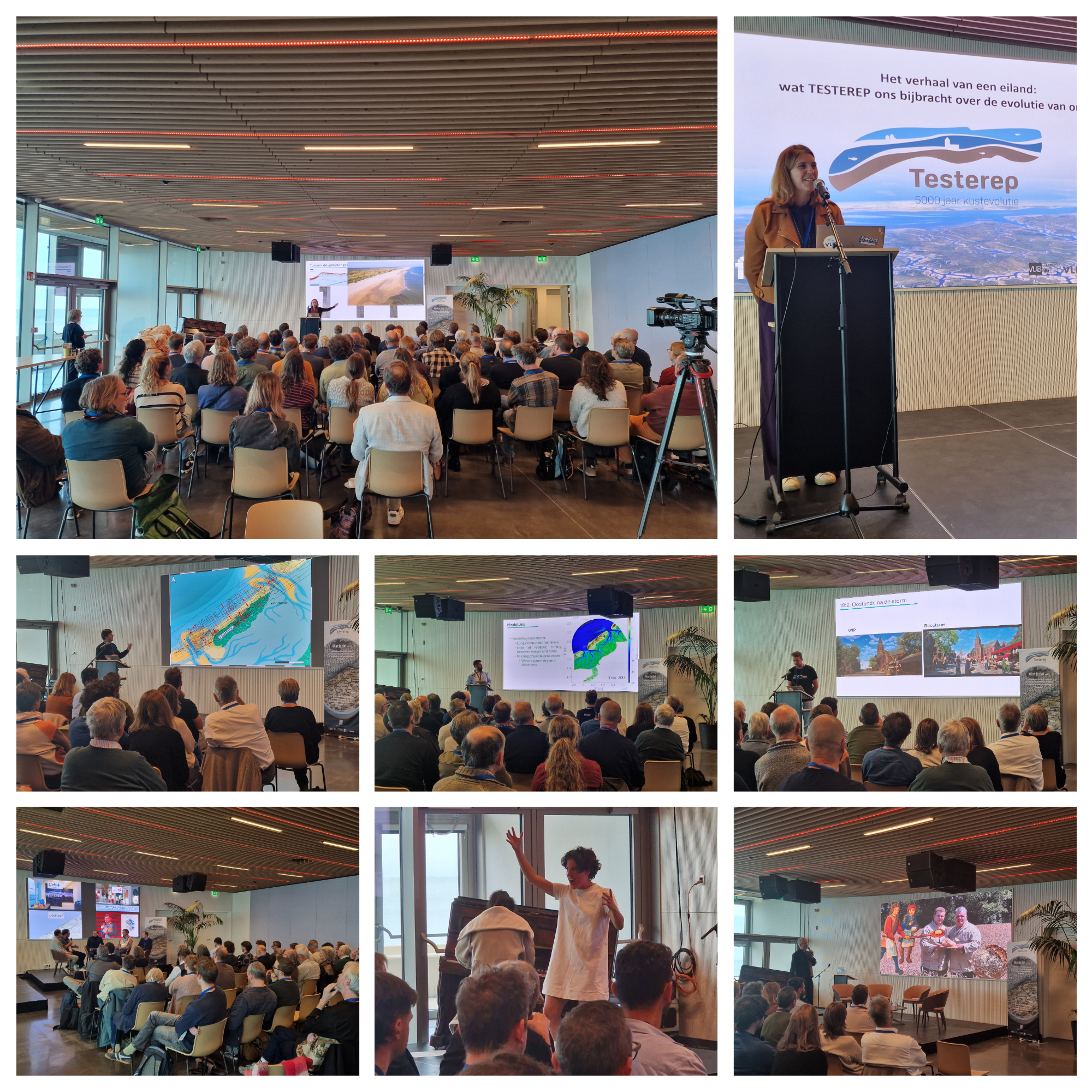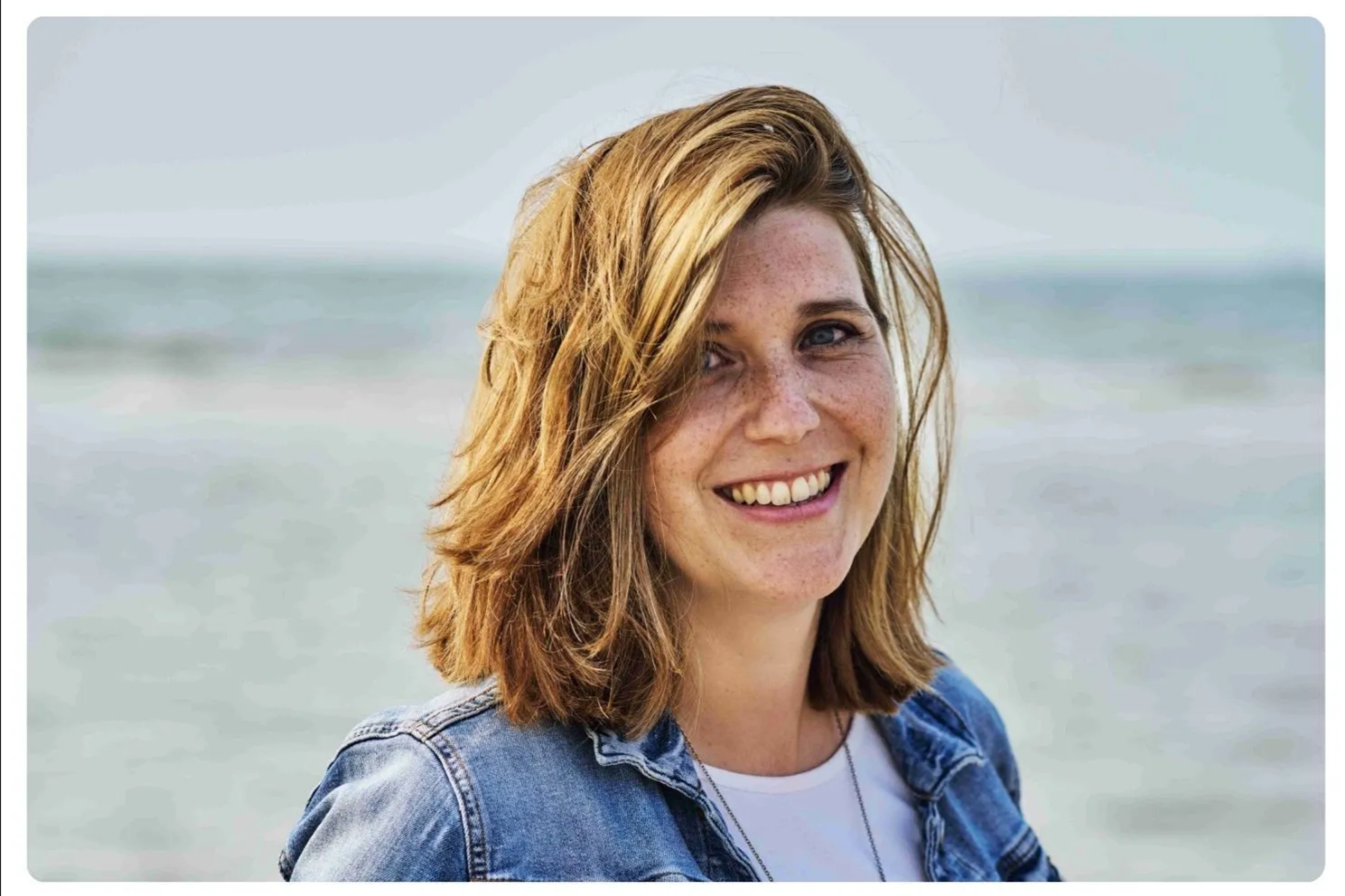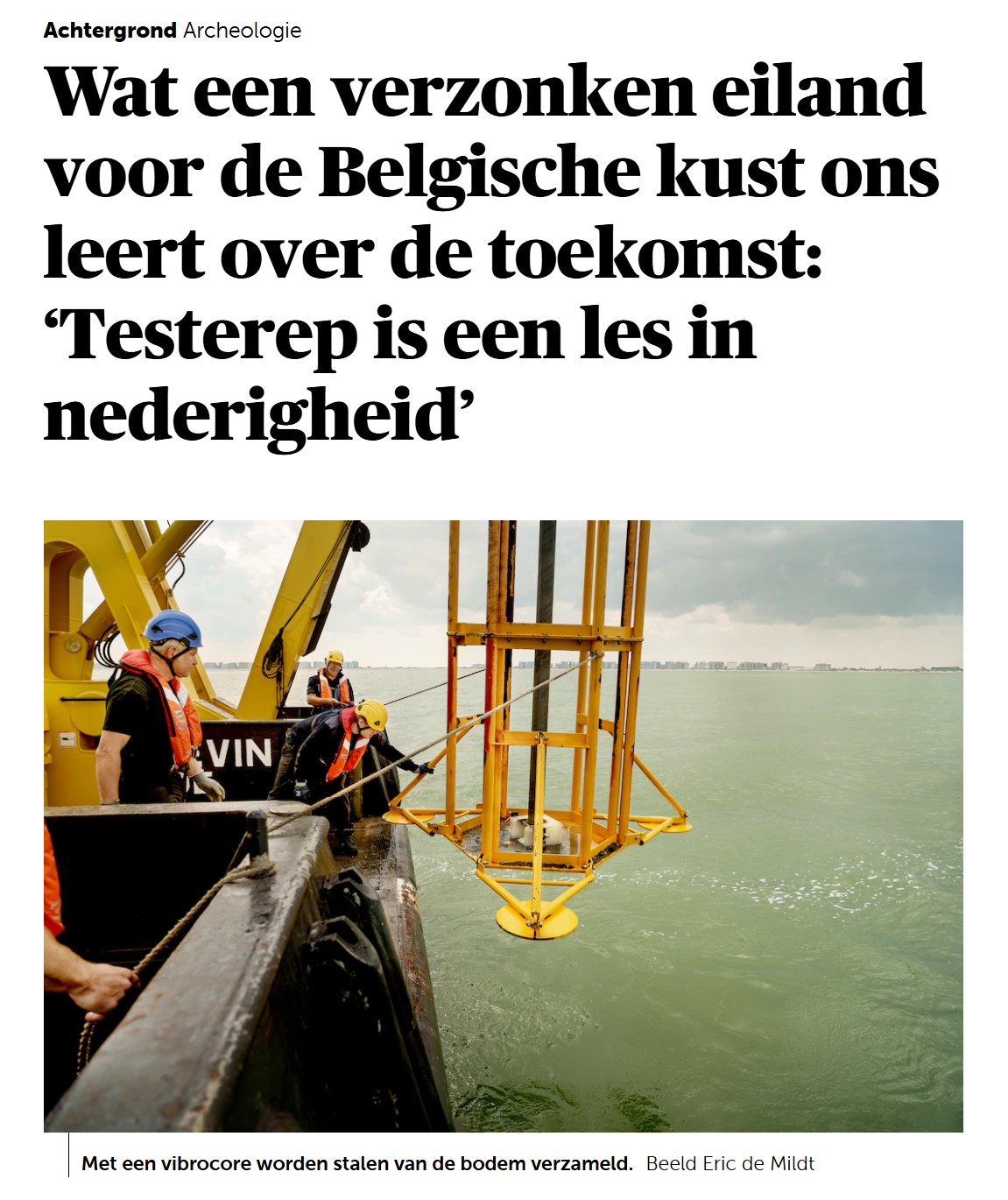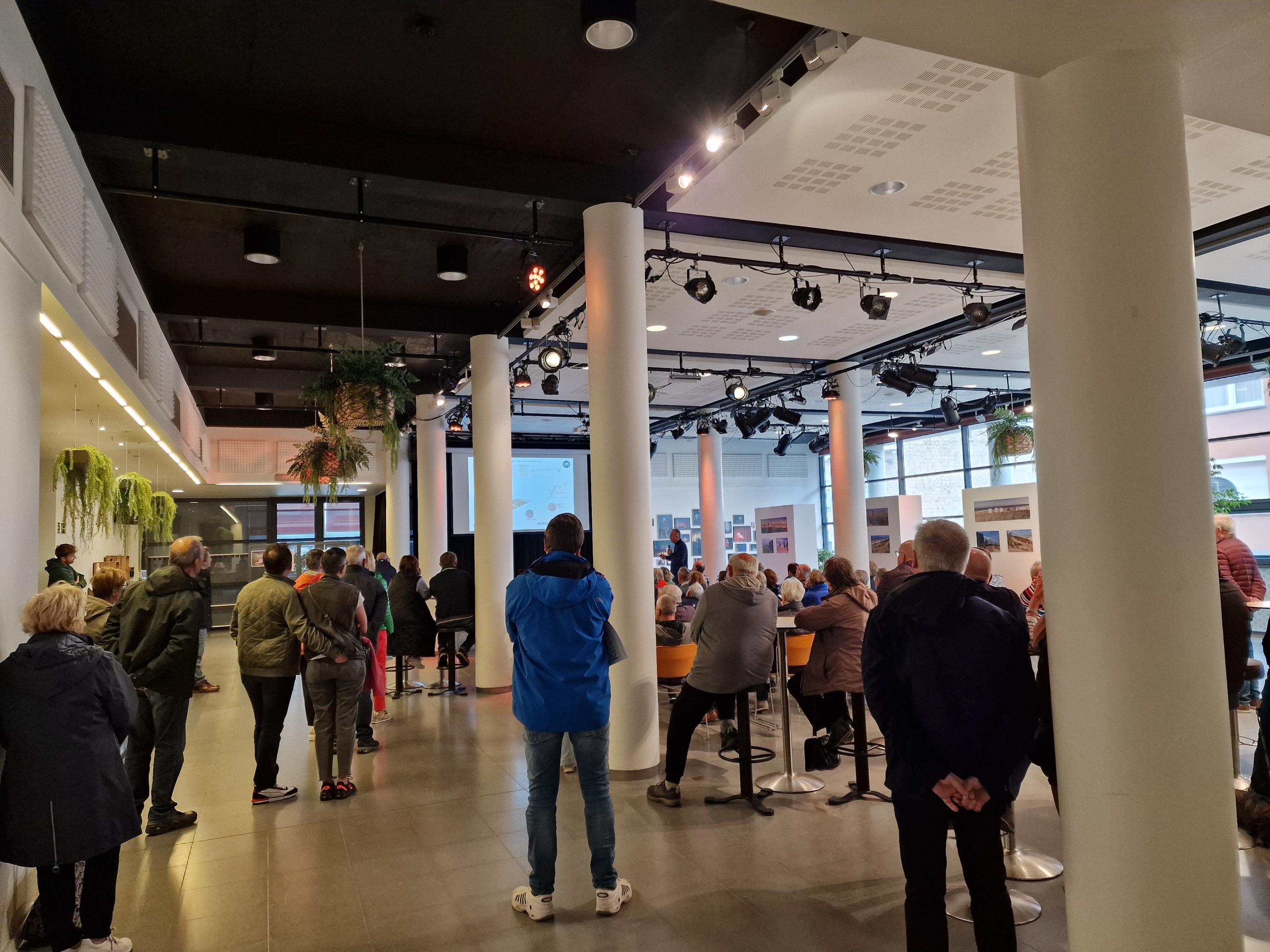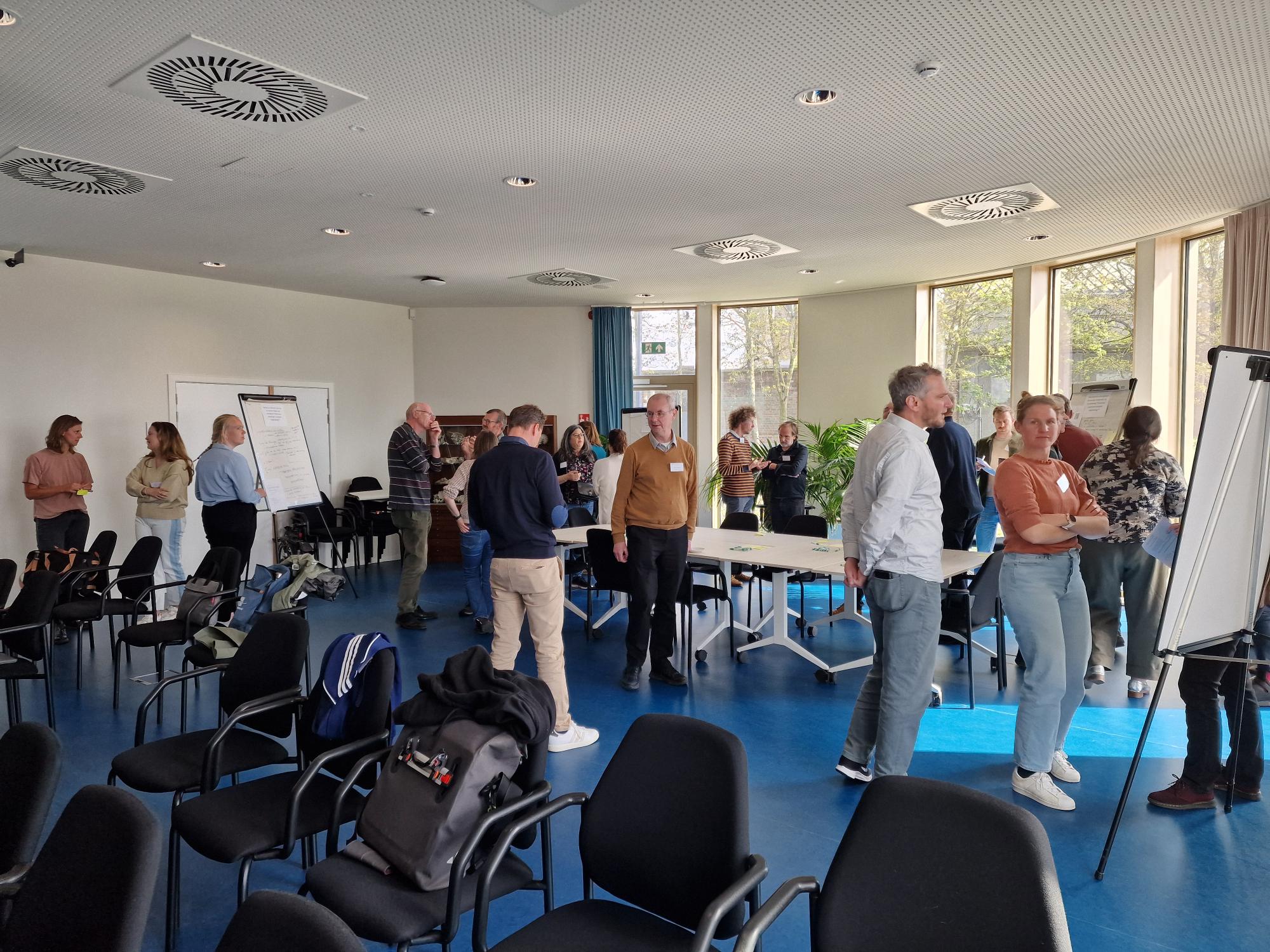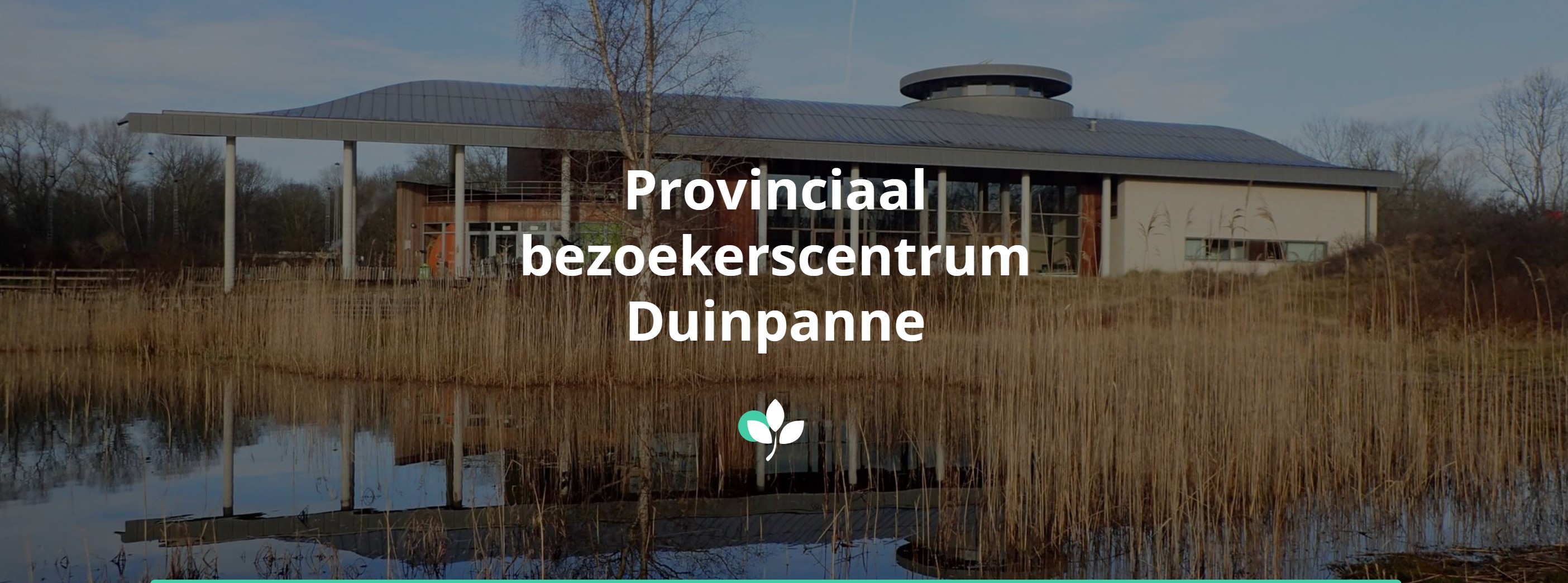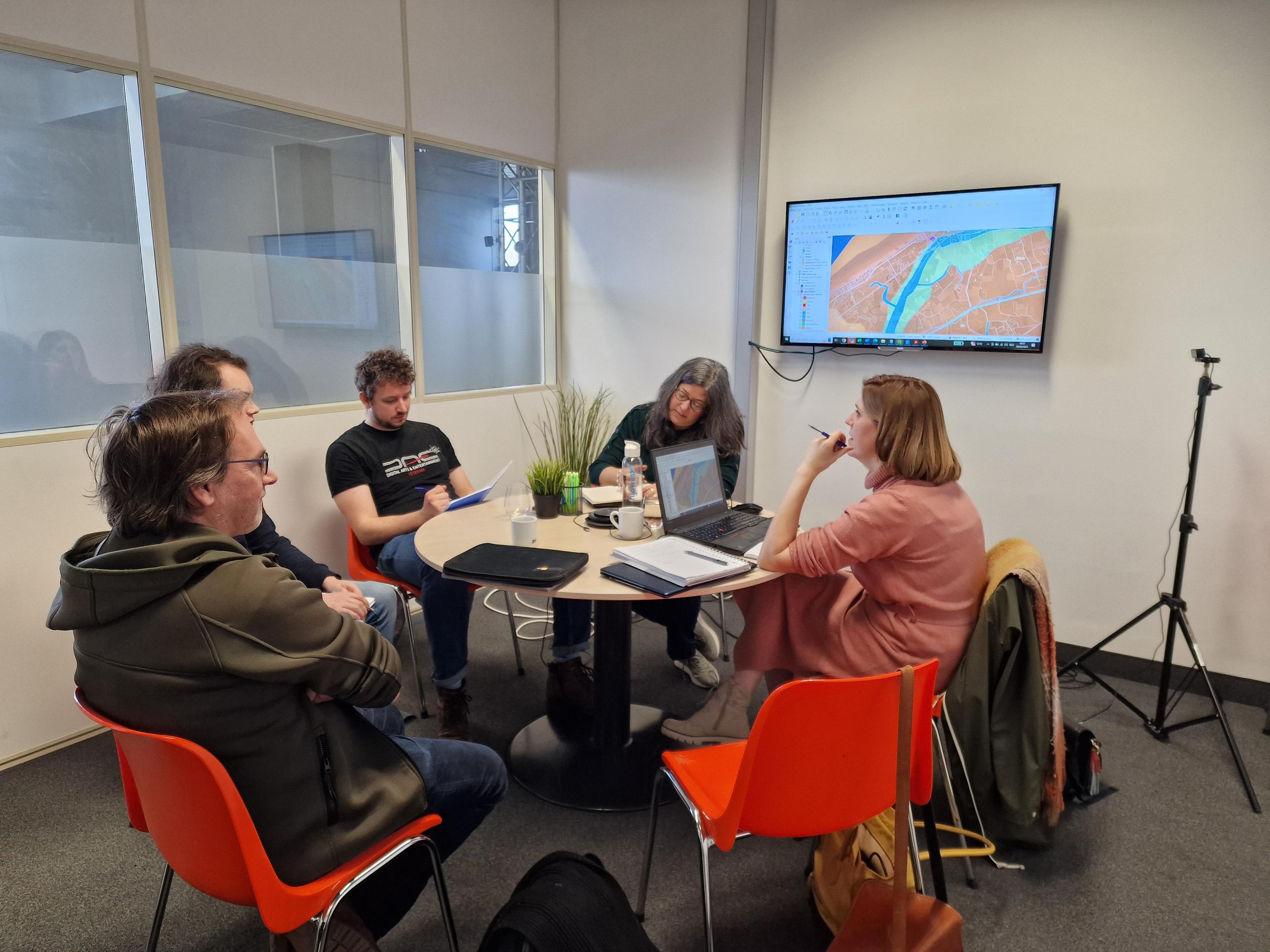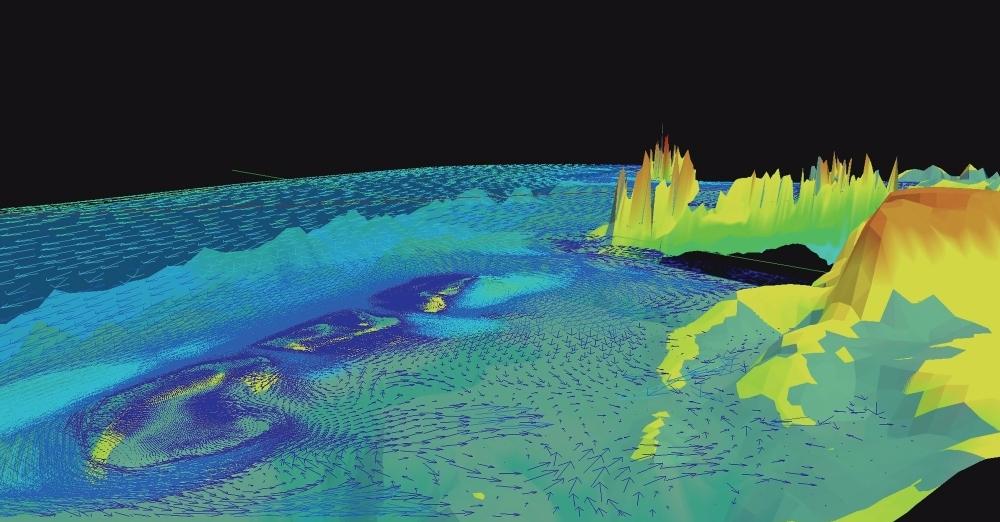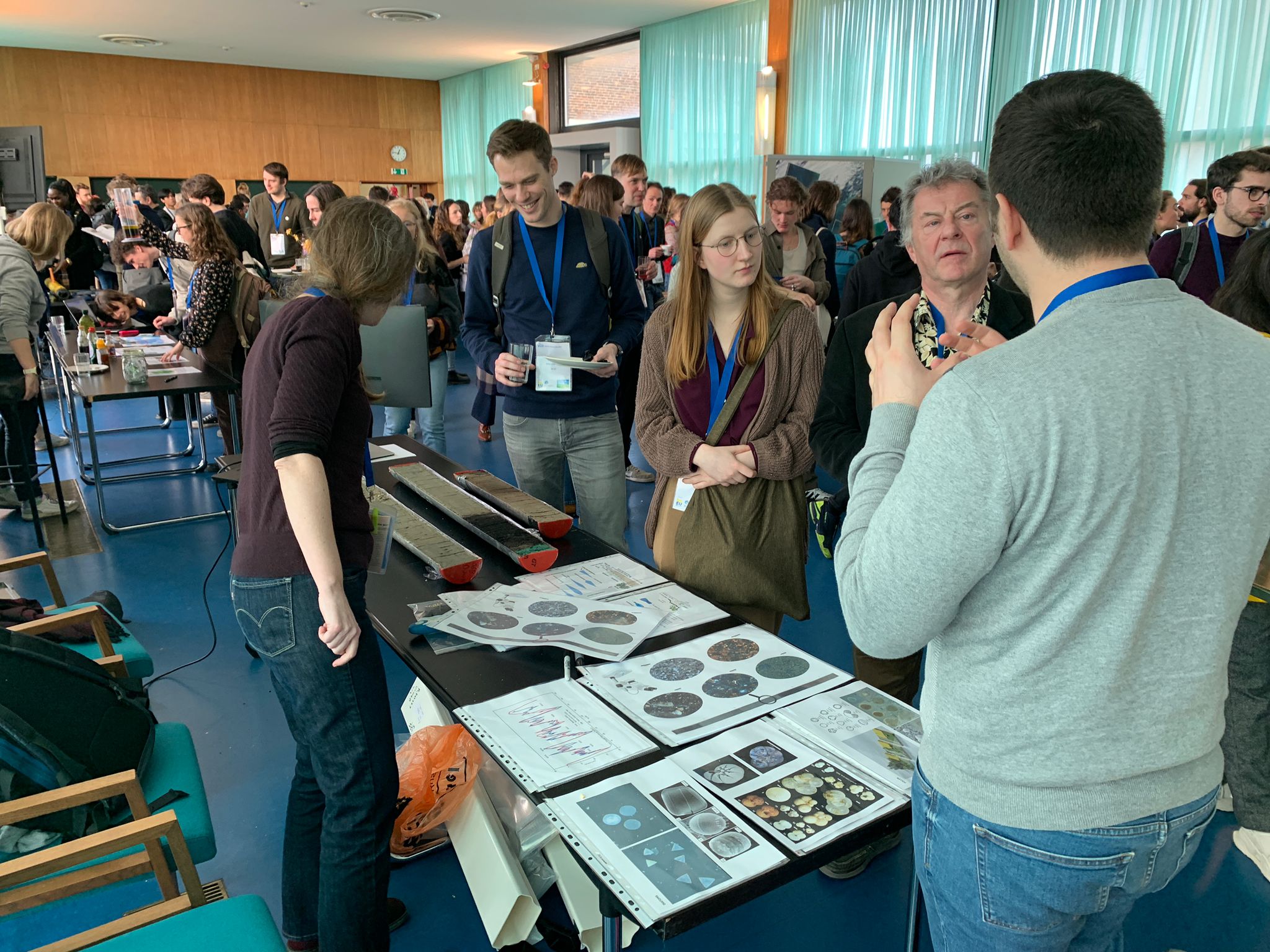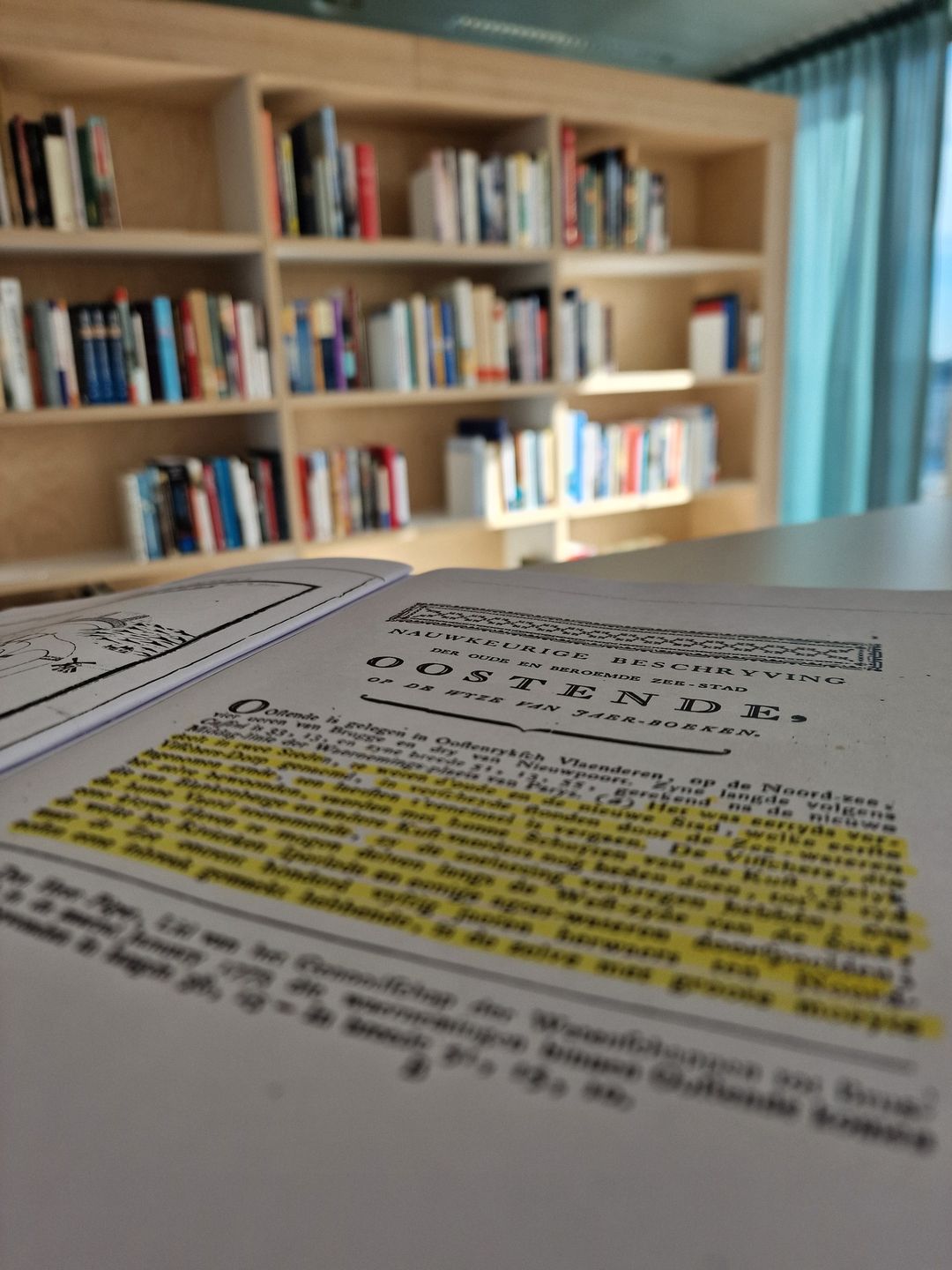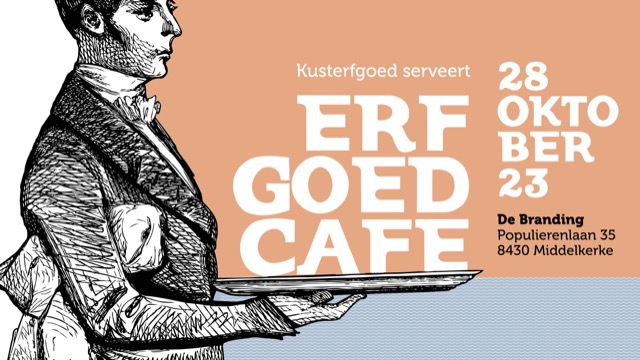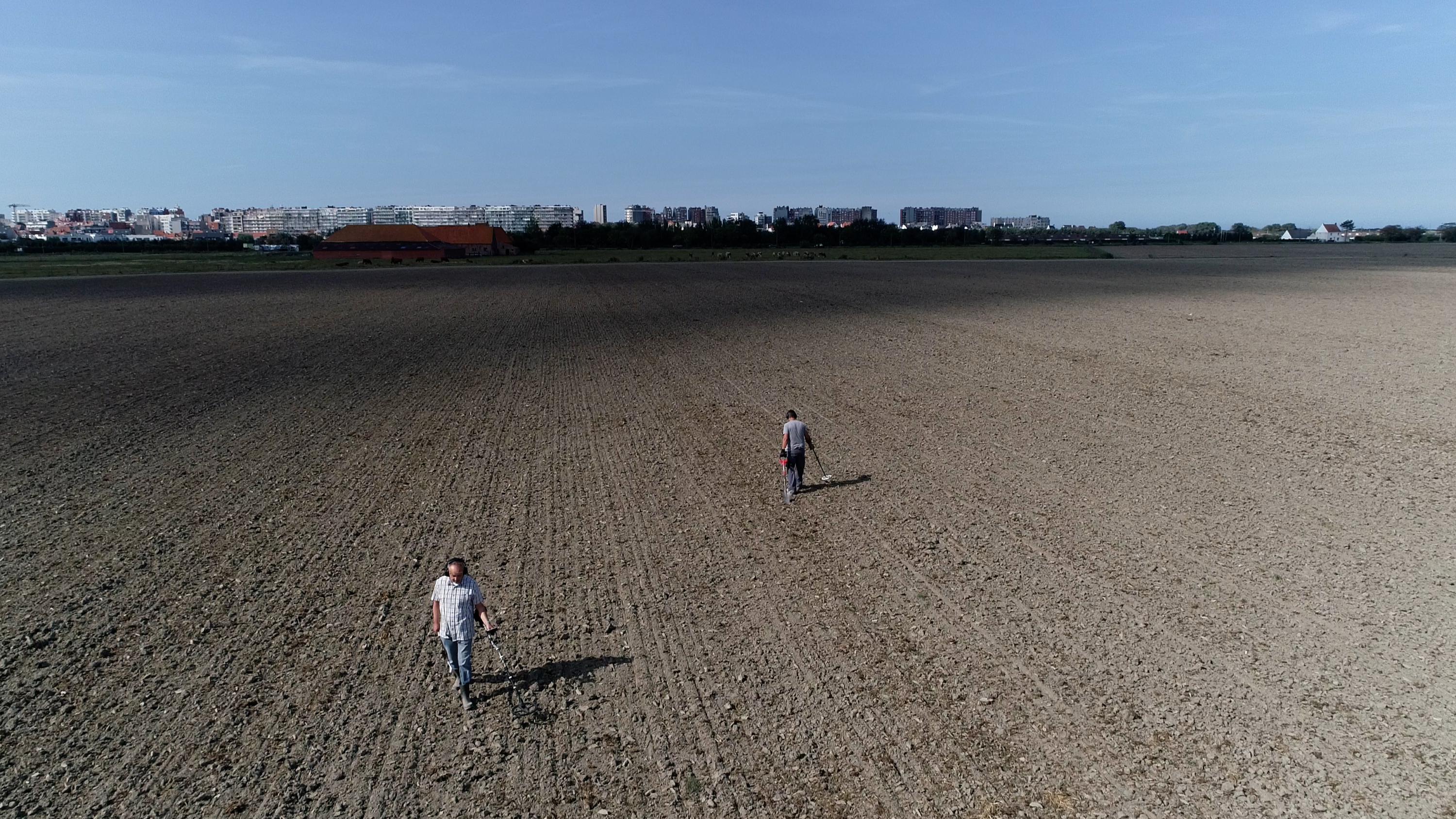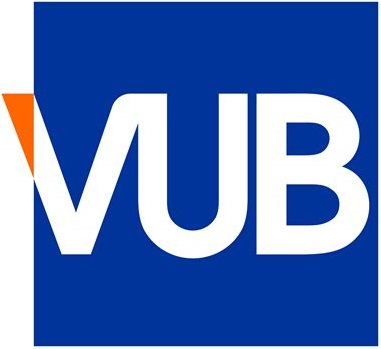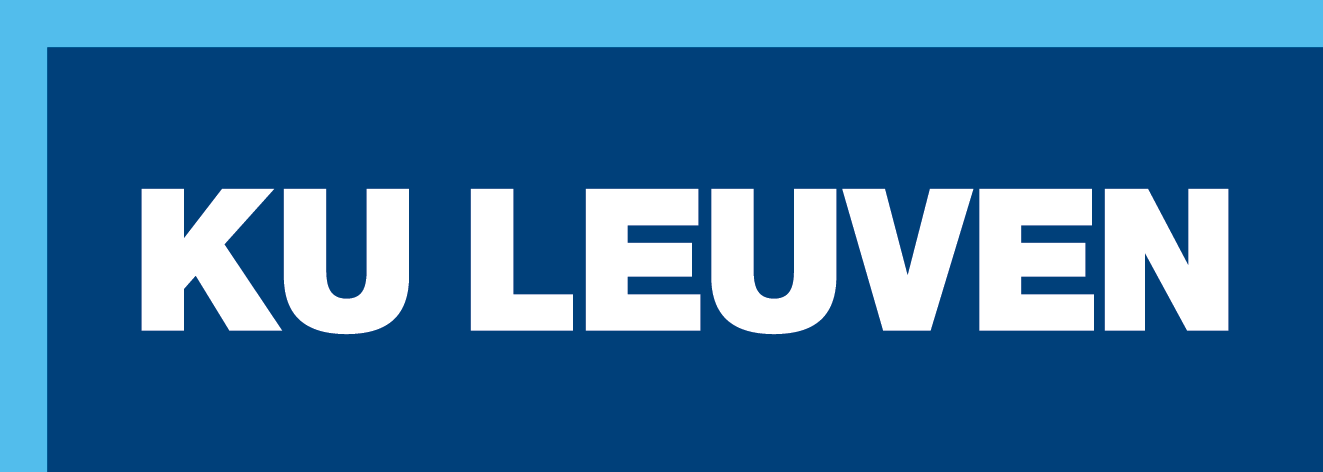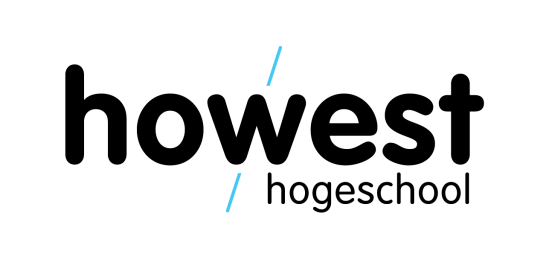On 5 November, the final conference of the TESTEREP project took place, where the results of several years of research were presented in an engaging and accessible way. The researchers themselves guided the audience through their latest insights, interspersed with a broad selection of the many outreach initiatives that emerged from the project.
The atmosphere was further enriched by live performances of the Ballads of Testerep by Broder, drawing the audience fully into the story of the vanished island. Visitors were also able to taste the Testerep bread, developed in collaboration with food archaeologist Jeroen Van Vaerenbergh and bakery De Cock.
The conference proved to be a highly successful conclusion to a project that brought together science, history, and creativity.
Our project lead Soetkin Vervust is receiving, on behalf of our team, the Annual Prize for Science Communication (KVAB & Young Academy) for TESTEREP!
A wonderful recognition of the whole team’s effort to bring the history of the Flemish coast to life through lectures, theatre, a documentary, VR/AR, exhibitions, and citizen science, contributing to the conversation on sea-level rise and future coastal management!
Thanks to our fantastic partners VLIZ, KU Leuven, Howest, Westtoer, the City of Ostend, and the Municipality of Middelkerke and to all our visitors!
Give us an extra boost by voting for Soetkin for the EOS Public Prize for Science Communication: Stem op je favoriete wetenschapscommunicator van 2025 | EOS Wetenschap
The temporary exhibition “Testerep en het verzonken Oostende” at the Venetian Galleries in Ostend closed its doors in April 2025. But the story continues. From now on, everyone can experience the full exhibition online through our virtual museum.
Immerse yourself in 10,000 years of coastal history and discover how archaeological finds, historical maps, art objects and digital reconstructions bring the lost island of Testerep and the origins of the city of Ostend back to life. The interactive elements of the exhibition, such as the audio story, artistic impressions and animations, are also available online.
Visit the virtual museum here and relive the exhibition!
Virtual Museum: Testerep en het verzonken Oostende
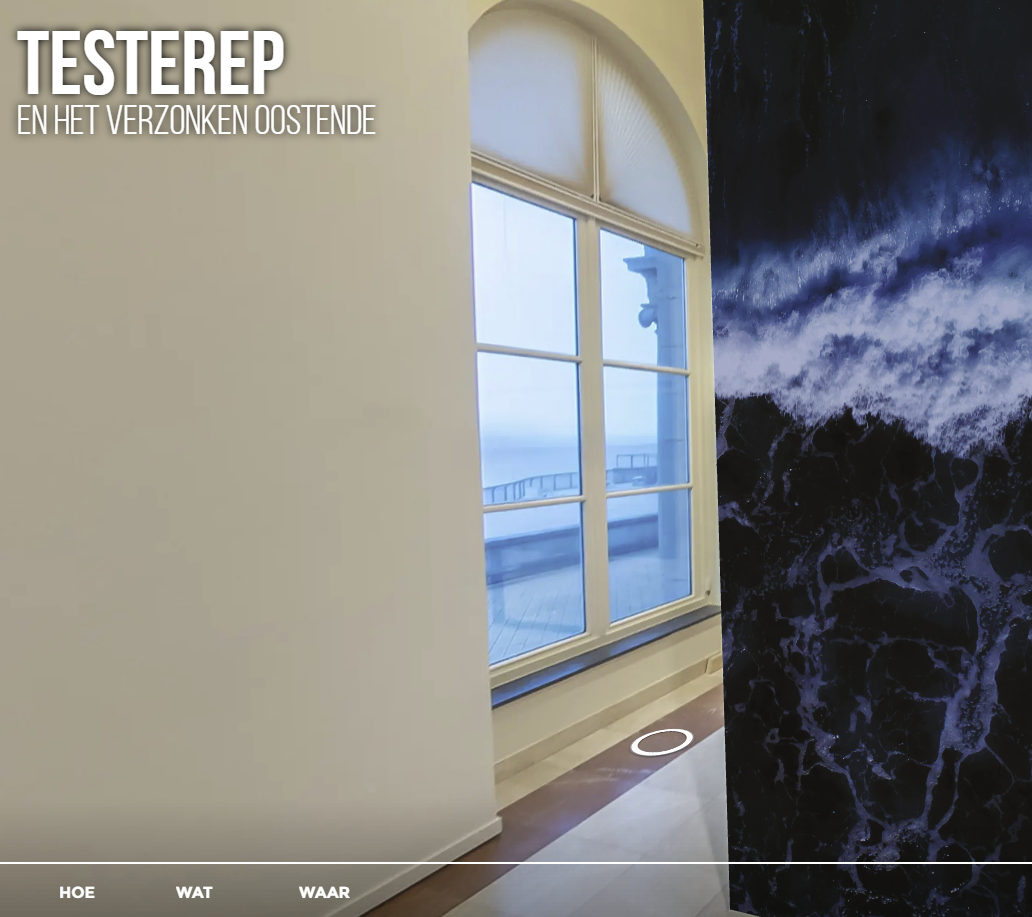
We are very happy to announce the opening this Saturday of the exhibition “Testerep and drowned Ostend”.
This exhibition takes you on a fascinating journey through 10,000 years of coastal history. Dive into the past and discover how archaeological artefacts, art objects, old photographs and films, historical maps and digital reconstructions paint a vivid picture of the history of Testerep and the city of Ostend.
The science-focused exhibition also offers a behind-the-scenes look at our research, giving an insight into how archaeological fieldwork, scans of the seabed, sediment cores, and mathematical models help us understand the evolution of the coastal landscape.
The exhibit provides a rich, interactive experience for visitors of all ages. The story comes to life through artistic impressions, soundscapes, hands-on experiments and a LEGO model of drowned medieval Ostend. Younger visitors can also take part in the ‘Testerep Quest’, an exciting escape game that playfully guides them through the Testerep story.
Don’t miss this opportunity to uncover the hidden past of the Belgian coast.
Plan your visit today!
The 8th edition of the IKUWA conference will take place in Ostend in October 2025.
IKUWA is a global network of agencies, with a focus on underwater archaeology. Its aim is to raise awareness of underwater cultural heritage, and support an international regulatory framework for its protection. Since 1999, IKUWA has organized a conference approximately every three years.
We are therefore very proud that we were able to bring the organization of the next edition to Belgium, more specifically to Ostend. The conference will last no less than 5 days, with additional optional excursions and workshops. We expect around 300 participants from all over the world. It will take a while until October '25, but both the scientific committee and the organizing committee are working at full speed.
The main organizers are Onroerend Erfgoed, VLIZ and the City of Ostend, together with Toerisme Vlaanderen, Ghent University, the Vrije Universiteit Brussel and the Agence wallonne du Patrimoine.
The scientific committee also includes researchers and policy officers from many different institutions: Onroerend Erfgoed, Ghent University, the Vrije Universiteit Brussel, the Flemish Marine Institute, the Agence Wallone du Patrimoine, Urban.Brussels, and the Nederlandse Rijksdienst voor Cultureel Erfgoed en Rijkswaterstaat.
The call for sessions is currently running until the end of August. The scientific program and social events are slowly but surely taking shape. The website also looks great now, and there is already plenty of activity on social media. Be sure to take a look and give our colleagues a like!
A journalist from 'De Morgen' was on board the vessel Simon Stevin and searched for the remains of 'Het Atlantis' off the Belgian coast.
Today there is an information market in De Branding in Middelkerke about the reconstruction of the Middelkerke sea dike, planned for 2025. The work will be carried out in phases, according to a concept similar to that in Westende. The Testerep project also provides insight into the evolution of the coastline over the last 5,000 years, presented on three informative panels.
At the end of April, the 5th stakeholder meeting of the Testerep project took place. Besides getting an update on our latest research results and public outreach plans, the attendees participated in a brainstorm about the contributions that historical research can make to contemporary coastal management. In 2025, we will follow up on this in a dedicated workshop, organised in collaboration with partners from industry and policy. More info in the coming months!
Don't miss this lecture!
On Thursday April 25, Dr. Soetkin Vervust, professor Pieterjan Deckers and PhD student Zoë Vanbiervliet explain the most recent results of the Testerep research during a fascinating lecture.
Please note that this lecture is given in Dutch.
You are welcome at the Duinpanne visitor center, but registration is required through this link.
Within the Testerep project, many partners work together to bring the complex history of our Flemish Coast back to life for a wide audience, using the latest techniques and with a dose of creativity. To achieve this, scientists of the project and computer game developers of Howest-Digital Arts and Entertainment (DAE) meet on a regular basis. With the scientific input from the research, they provide strong visualizations of the landscape's past, for example in the form of images of medieval Ostend before, during and after the devastating storm of 1394.
Curious about the result? We must be patient until December!
This evening the Testerep team will be present in Leuven for the premiere of “Testerep” at the International Documentary Festival DOCVILLE! Through Scienceville, the festival focuses on scientific documentaries that you really need to see! Curious about the Testerep film? Watch the trailer here!
Following this premiere, Dr. Soetkin Vervust gave a fascinating interview at "Voorproevers". Listen to it via VRT max!
Project Testerep is present at the annual VLIZ Marine Science Day! The 400+ visitors will have the opportunity to take a closer look and even touch a sediment core. Together with the geologists working within the project, the visitors will discover all the information that this core reveals regarding climate change and sea level rise.
The researchers within the Testerep project do not limit themselves to studying the North Sea bed or archaeological excavations on land. They also delve into ancient writings in search of valuable information! Such as the book by Jacobus Bowens from 1792. The writer very accurately described 'The Old and Famous Sea City of Ostend, located in Austrian Flanders'. Would you also like to delve deeper into this literature? This is possible! You can consult the book for free via this link!
On 28 October 2023, Coastal Heritage will host the 3rd edition of its Heritage Café. This year, the networking event will take place at ‘De Branding’ in Middelkerke. You can expect an afternoon with a mix of lectures, workshops and guided tours. Under the title 'Testerep: searching for traces of the lost coastal island', Soetkin Vervust (VUB) and Ruth Plets (VLIZ) will give the opening lecture. After (and in between) the break-out sessions, there will be time for a drink and networking in the Heritage Café. Register at https://kusterfgoed.be/erfgoedcafe-op-28-oktober-2023/.
Over the past few days, the VUB archaeology team received the much-appreciated help of a whole host of metal detectorists during their fieldwork in Westende. Together they are searching for traces of human presence in the flood plain of the former Testerep gully, to better understand when exactly the gully was embanked and the land became suitable for agriculture and habitation. This citizen science project will run till the end of the year.
